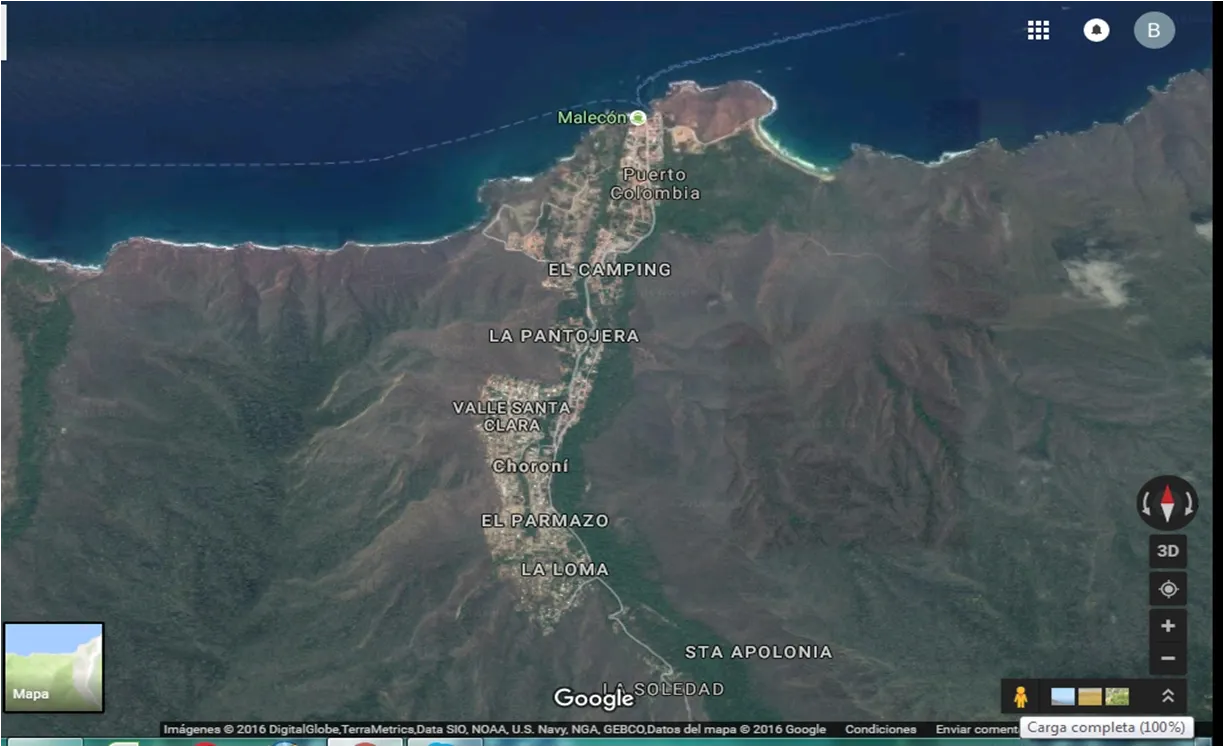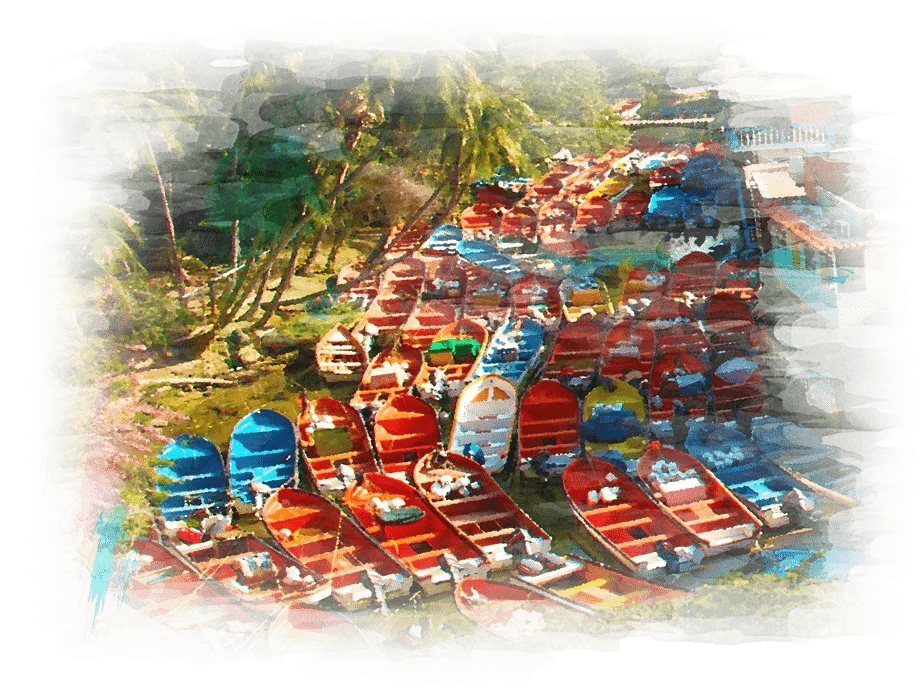
cacao gourmet
choroni fino
Evaluation 4.5
SWEET FRUITY 1.5
CITRUS FRUITY 2.5
FLORAL 0.5
CREOLE 2.1
COCOA 4.2
WOODSY 1.0
SPICES 0.0
ANNUAL PRODUCTION (TM) 1.5
MAIN HARVEST DEC-FEB
MID HARVEST FEB-APR
CREOLE BEANS 16%
FERMENTED BEANS 84%
VIOLET BEANS 6%
SLATE BEANS 10%
TOTAL 100%
Beans / 100g: 79
g./1 Bean: 1.27 g
CERTIFIED YES
AWARDS NO
Physical and Organoleptic Characteristics
Sabores Positivos
Citrus Fruits • Red Fruits
Nuts • Brown Sugar Malt
Cocoa
Wood
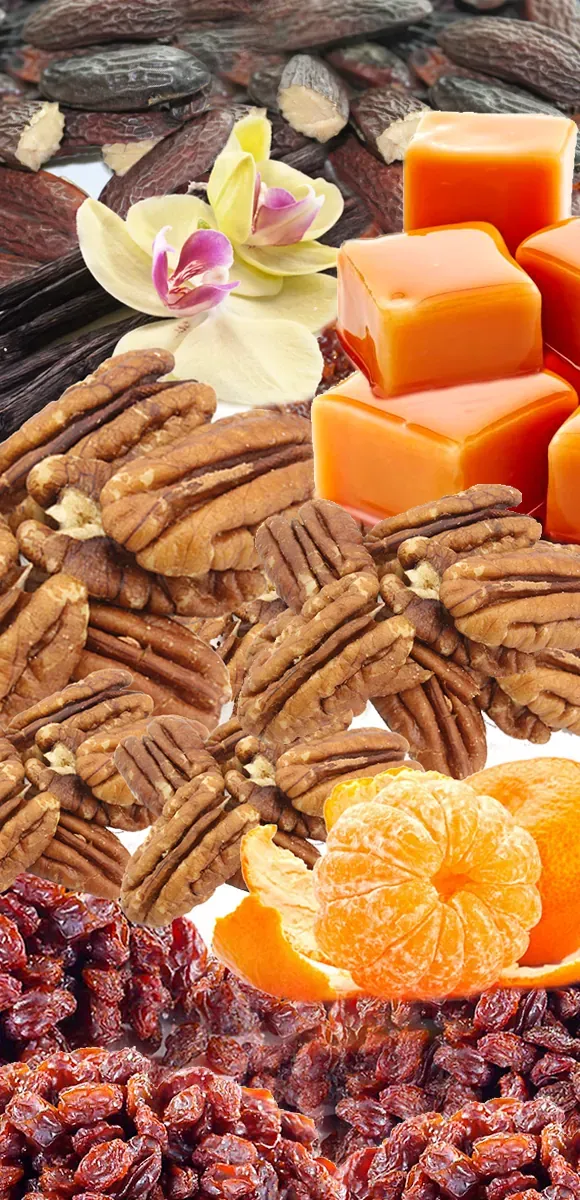
Assessment
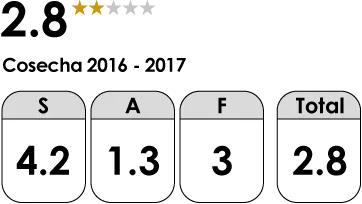
F = Flavor:
STRONG Notes of fresh fruits, nuts, and brown sugar malt
A = Aroma:
LOW Floral and herbal essences
F = Fermentation:
MEDIUM Moderate astringency and bitterness
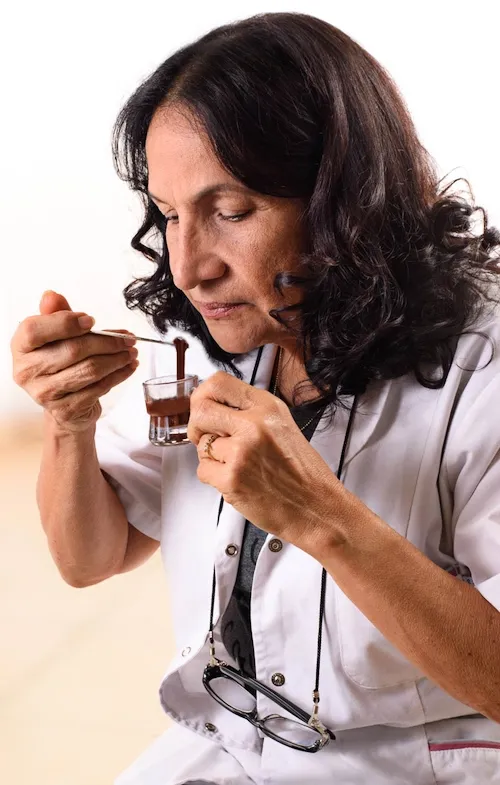
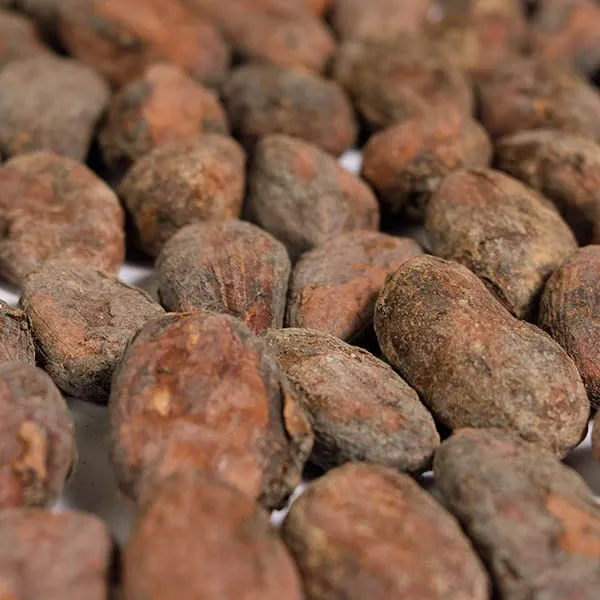
Cut Test Analysis
With moderate creole genetics (16% white beans) and high trinitario descent, cut tests show: (±84%) fermented beans, (±6%) violet beans, and (±10%) slate beans.
Weight analysis reveals 79 almonds per 100g, each weighing 1.27g.
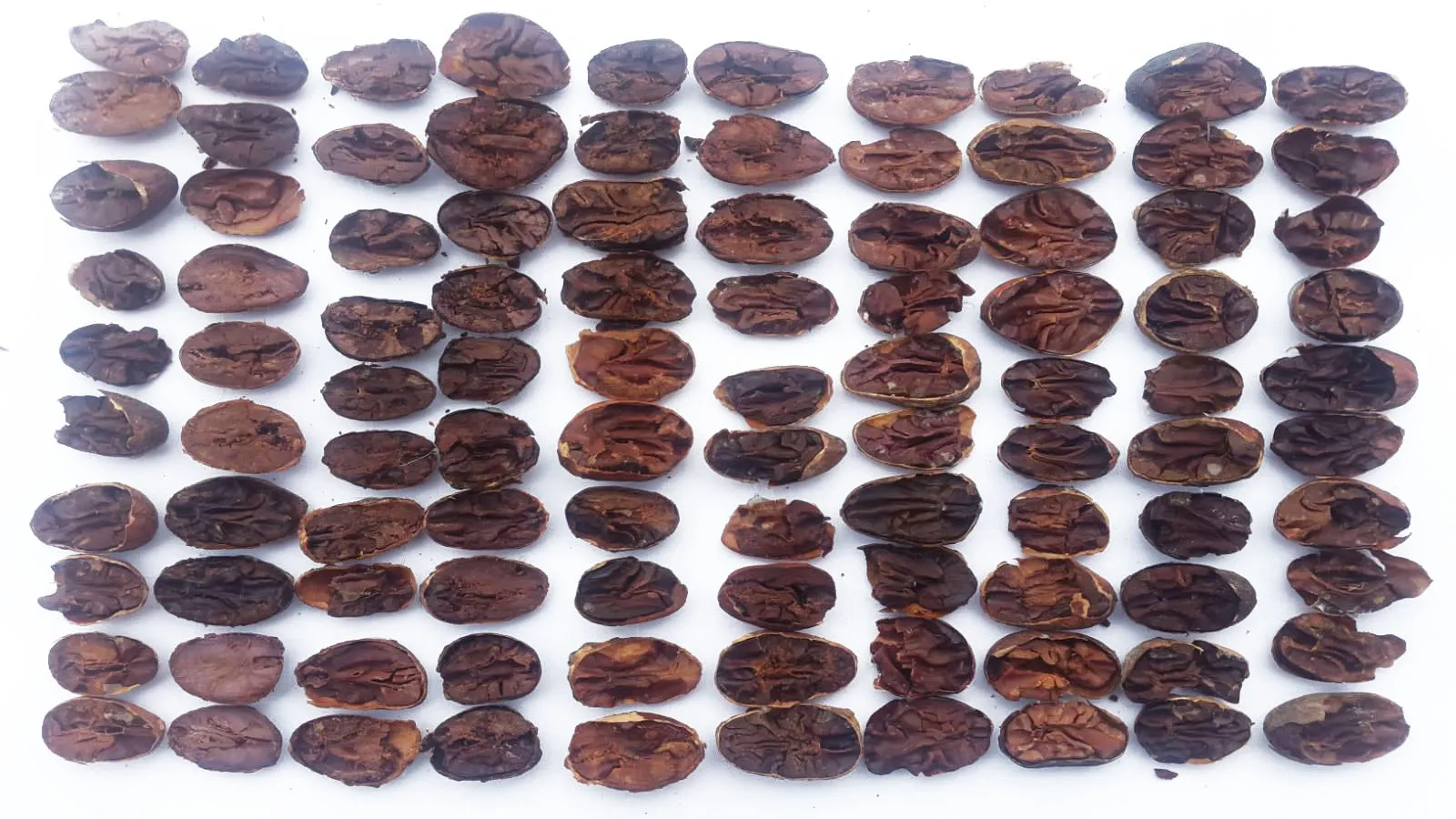
Flavor Map
Features characteristic flavors of modern creoles with balanced nutty attributes, mild floral notes, moderate fresh fruit acidity typical of citrus and red fruits.
These notes overlay a moderate cocoa base allowing enjoyment of herbal, woody, and malted sugar notes - showcasing Venezuelan creole cocoa's diverse attributes.
A well-crafted Choroni cocoa liquor offers a flavor symphony shaped by spring waters, Henry Pittier Park forests, and coastal breezes from Choroni/ Puerto Colombia beaches - where waters meet amidst drumbeat celebrations.
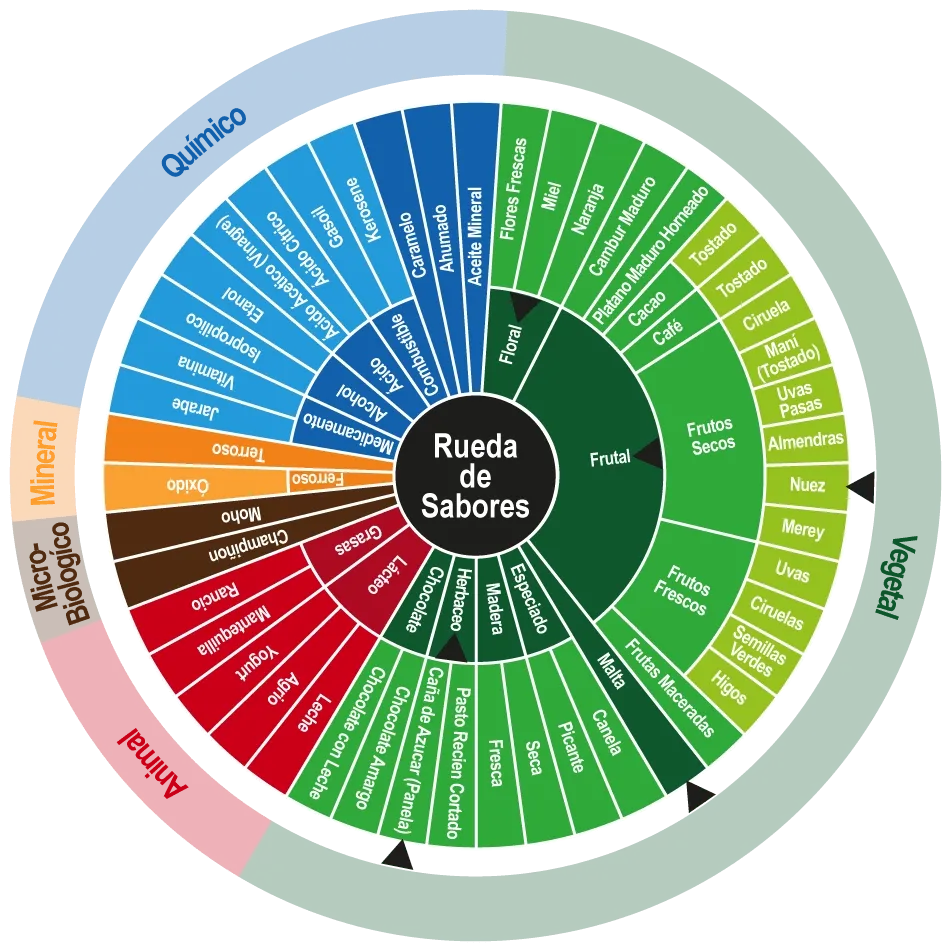
Sensory Map
Presents fruity notes typical of modern creole cocoas with attribute profiles ranging from ancient creoles to hybrid characteristics, featuring medium cocoa flavor intensity.
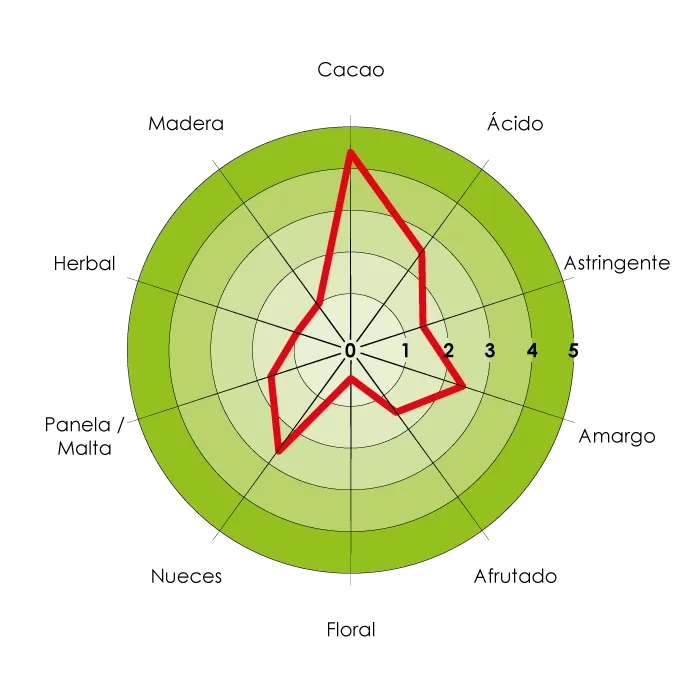
Post-Harvest Processing
Fermentation Protocol
Cocoa Type
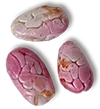
Trinitario &

Criollo
Fermentation Days
4 to 5 days
Fermentation Techniques
-
Box type: Wooden
-
Turning frequency: First turn at 48 hours, then every 24 hours from day 3
-
Fermentation method: ~1000kg fresh beans distributed across 3 boxes wrapped in plantain leaves
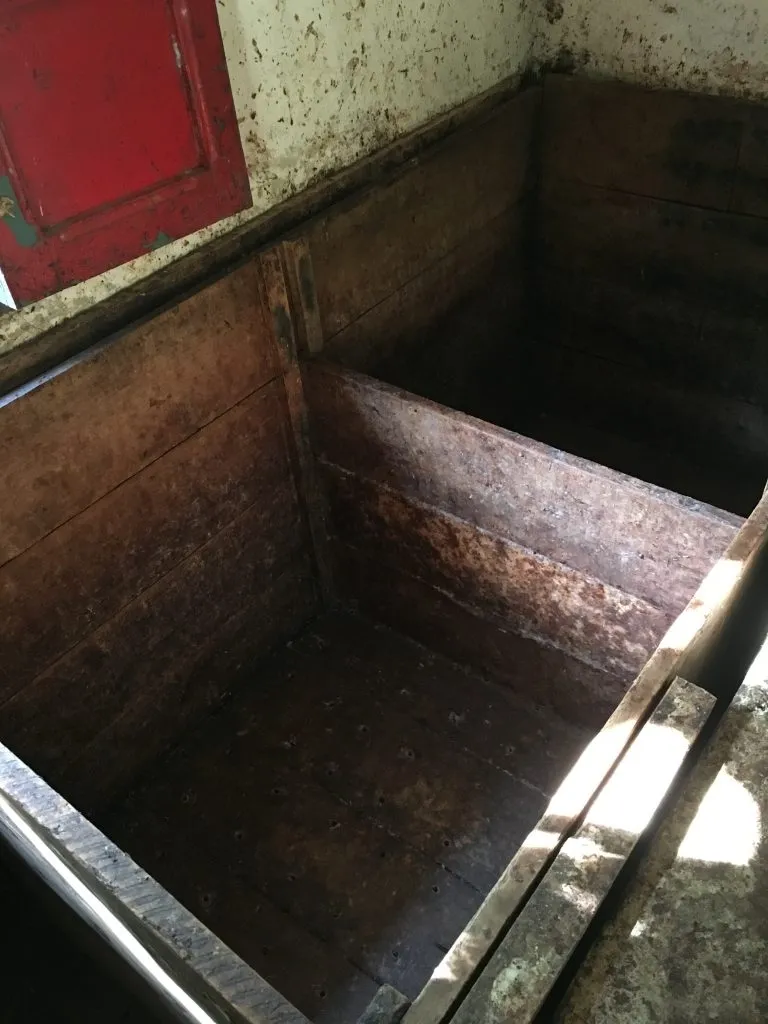
Drying Protocol
Cocoa Type
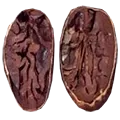
Dry Trinitario &
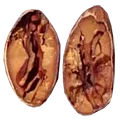
Criollo
Drying Days
4 to 5 days
Drying Techniques
-
Floor type: concrete
-
Humidity: 7.5%
-
Drying method: Beans stirred every 3 hours (days 1-2), every 5 hours (days 3-4)
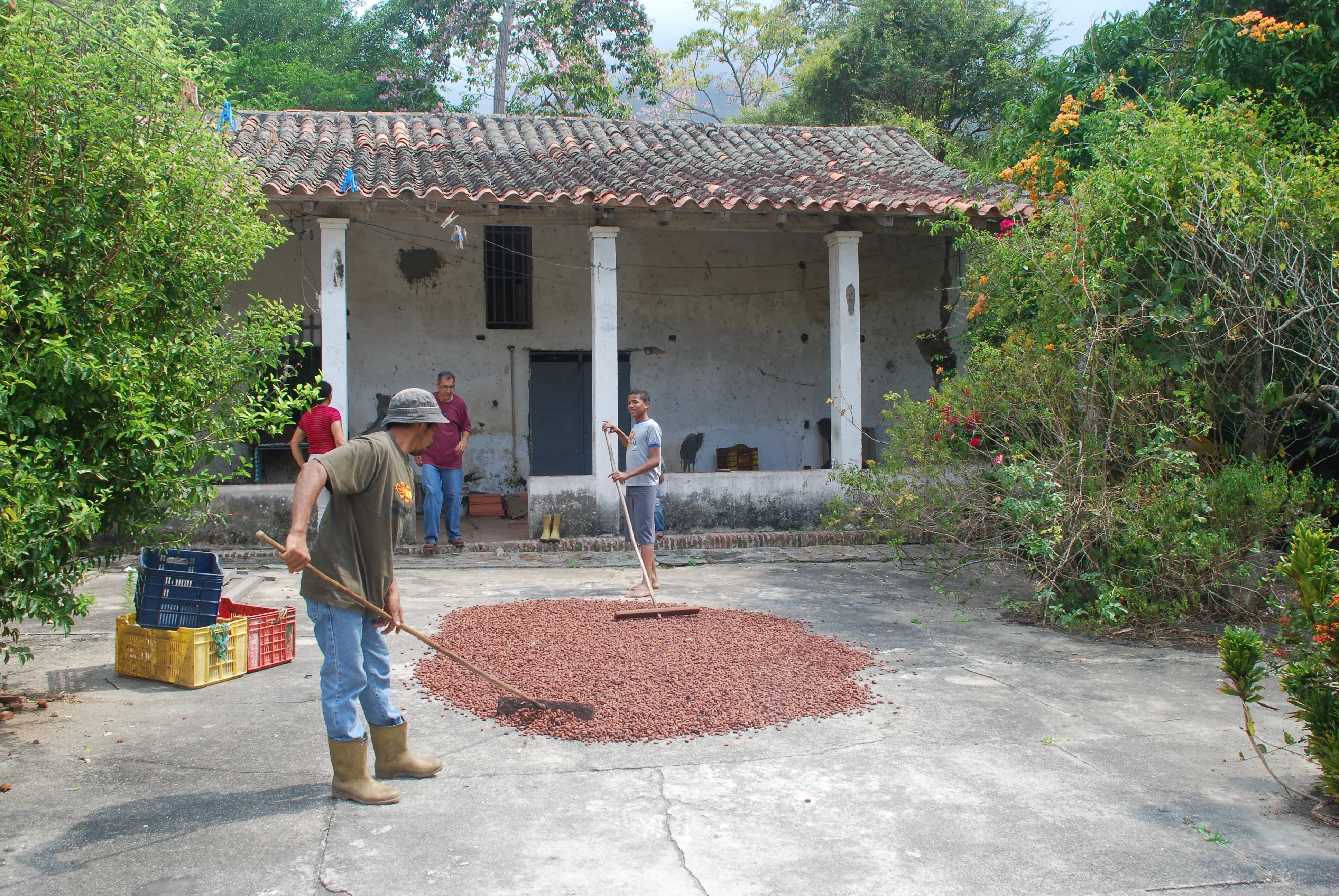
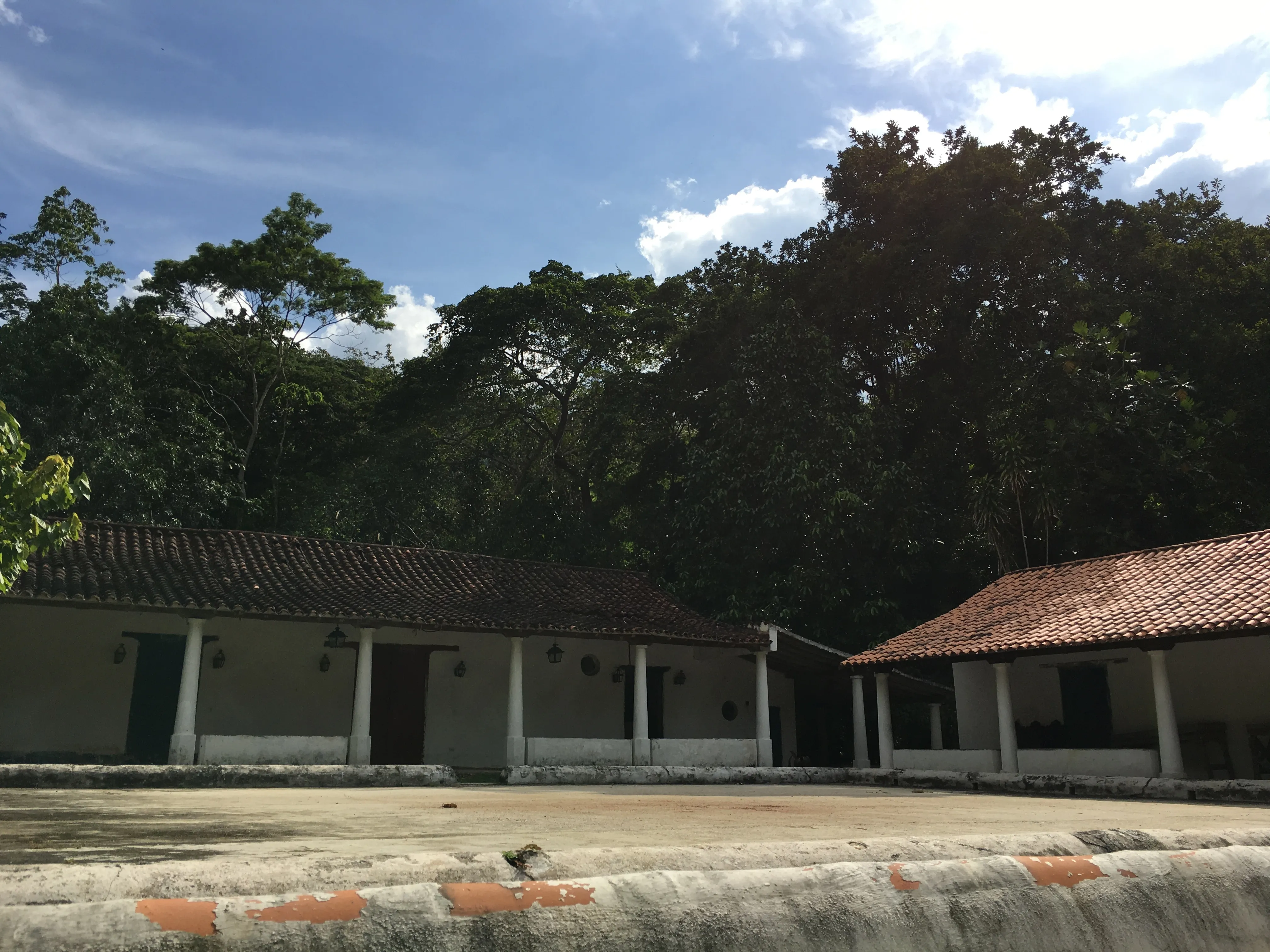
Traceability
certifications and awards
Certificate of Origin and Traceability validating cocoa bean provenance.
Choroni village has ~3,102 residents with nearly one million seasonal visitors.
From magical Choroni lands, we guarantee traceability certificates validating this distinguished bean's authenticity.
Among dedicated coastal producers is 68-year-old Vicente Ramón Fuentes Zapata - independent cocoa farmer preserving ancestral traditions through exquisite bean cultivation.
His workday begins at 6 AM at Hacienda Torres, managing pruning, cleaning, harvesting, and post-harvest processing.
As one of the coast range's first estates, its 30Ha plantation (15Ha productive) yields 1500kg annually across main (Dec-Feb) and mid (Feb-Apr) harvests.
Located at GPS 10°29'12.8"N, 67°36'33.5"W (~1km from parish main square).
Harvesting challenges include labor shortages, yet traditional processes endure.
Main economic activities combine fishing, tourism, and influential cocoa agriculture.
Choroni is renowned not only for beaches and warm people but also lands producing cocoa with high trinitario introgression and creole genetics.
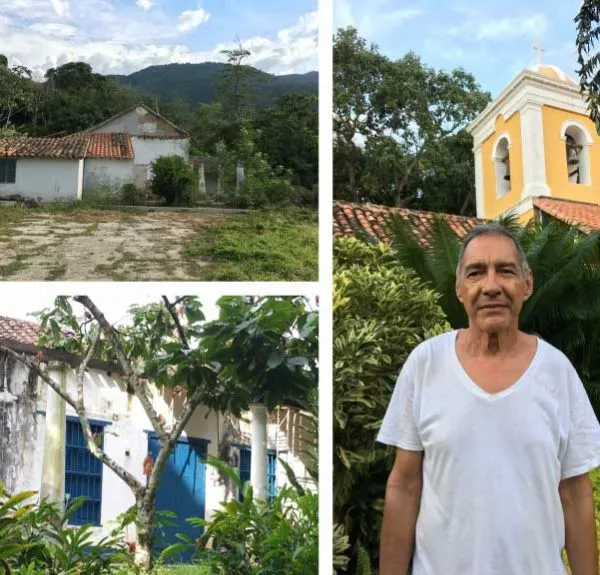
Geographical Location and Ecology
Geographical Location
- Country: Venezuela
- State: Aragua
- Municipality: Girardot
- Area: -
- Average Altitude: -
- GPS Coordinates: 10°29'12.8"N, 67°36'33.5"W
- Population: 3,102
Choroni parish lies on Venezuela's northern coast within Aragua State, bordered by Henri Pittier National Park's cloud forests and exotic vegetation.
Ecology
Vegetation includes cloud forests, savannas, and mountains hosting diverse wildlife including endemic and migratory species.
Notable flora: arums, orchids, bromeliads, and pepper plants.
Soils are fertile alluvial plains with loamy/sandy textures and slightly acidic to neutral pH levels.
History
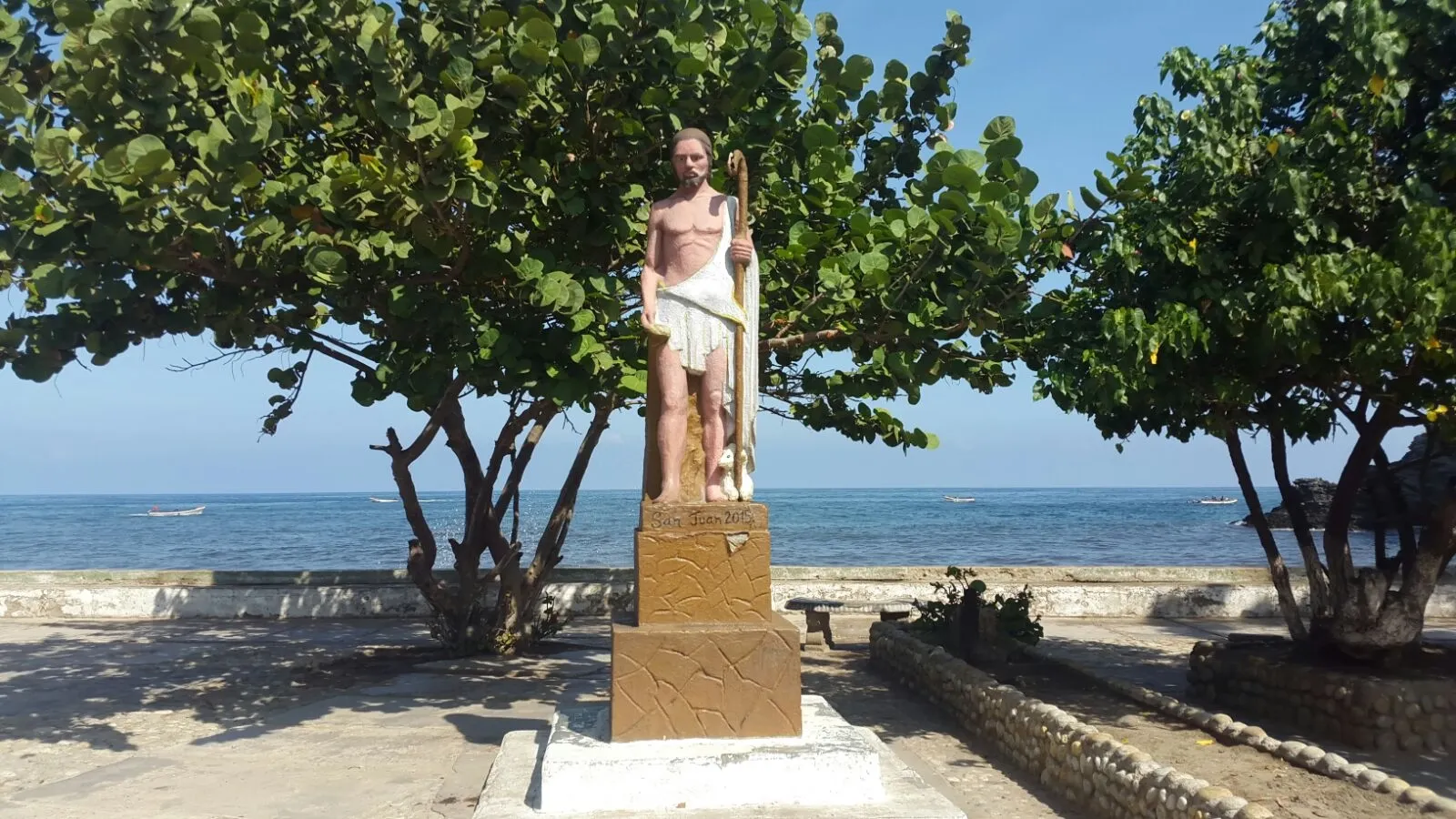
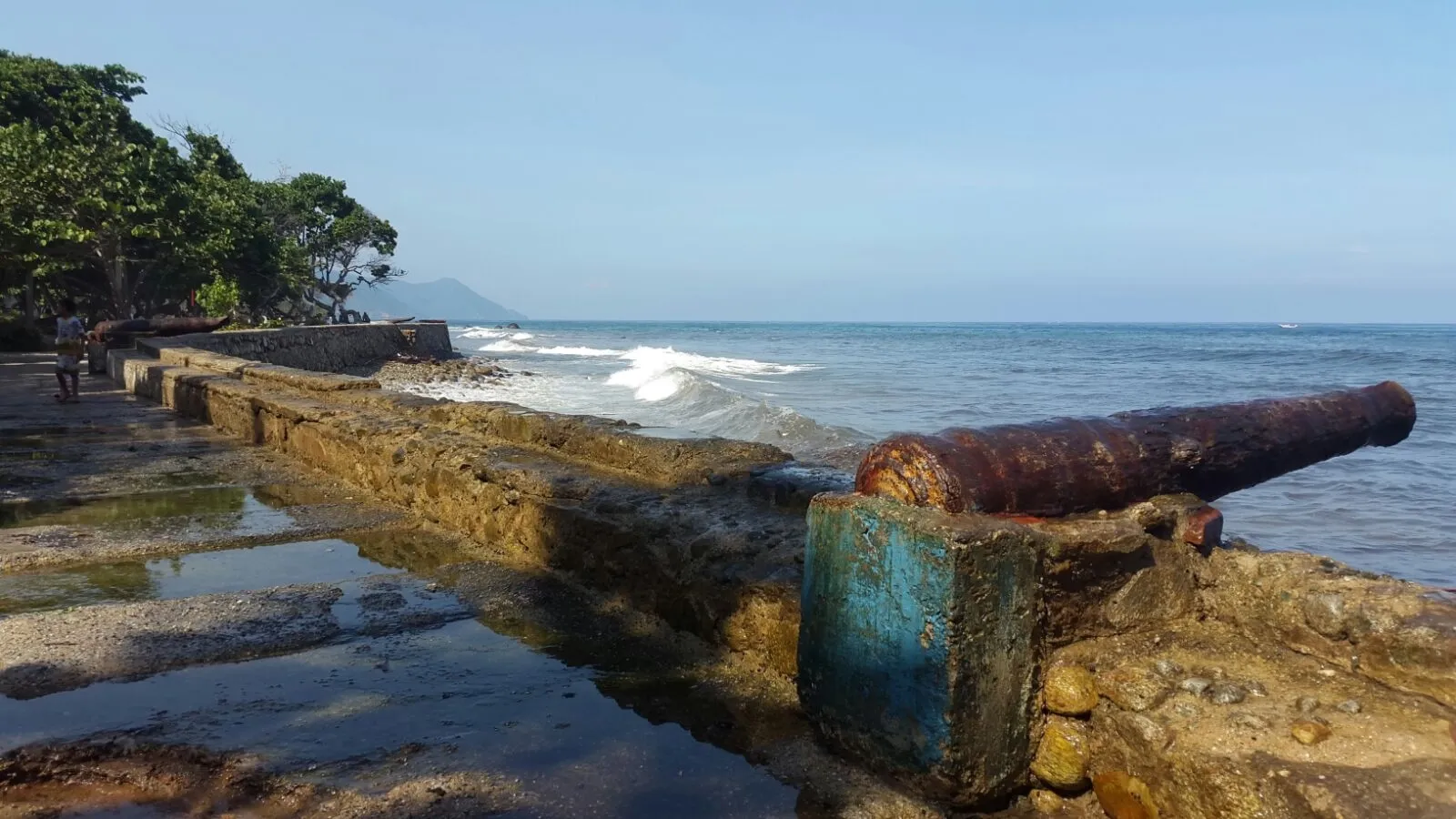
Magical Choroni preserves indelible historical marks from indigenous Choroni people, Spanish settlers, and African influences.
Beyond colorful architecture and rivers, cultural expressions include Santa Clara/Virgin del Carmen festivals and infectious drumbeats recalling Afro-descendant dances.
Founded in 1616 with church construction by Francisco Mendoza and Pedro Gutiérrez. Established as parish in 1664 as Santa Clara del Valle de Choroni.
Pedro José Olavarriaga's 1721 report noted fertile lands producing abundant cocoa traded with Dutch merchants, sparking disputes among landowners.

